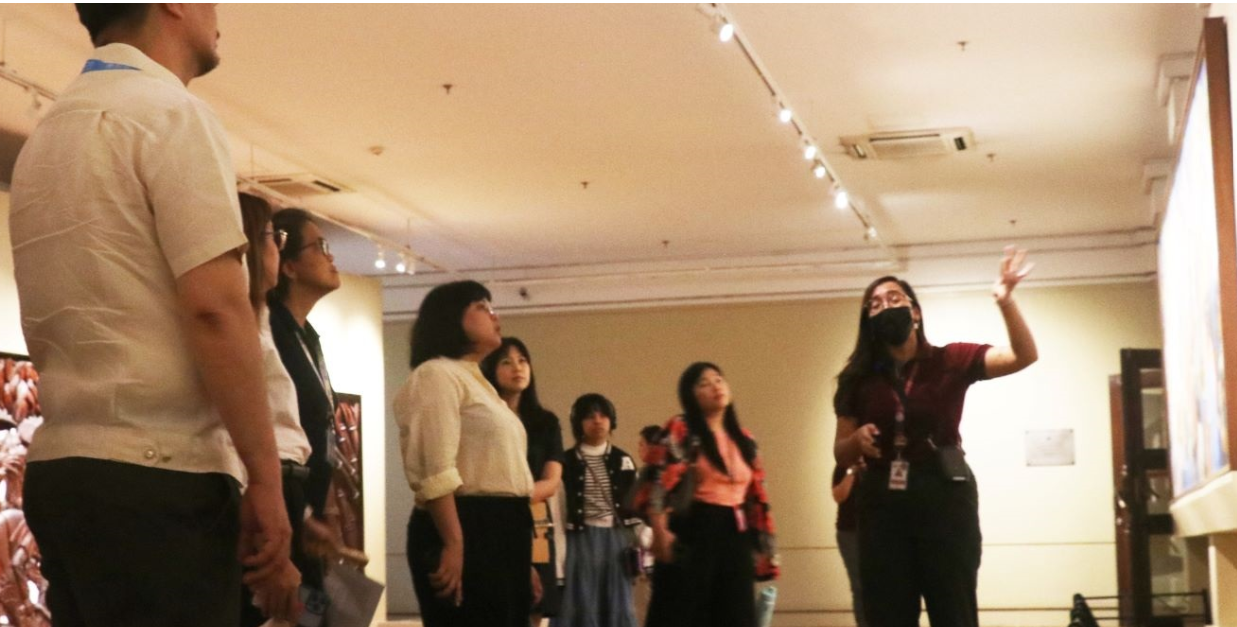WHO promotes social prescribing to improve health and well-being in the Western Pacific

24 June 2024
The World Health Organization (WHO) Western Pacific Region is experiencing a significant demographic shift, with populations ageing rapidly. Out of the global total of approximately 700 million people aged over 60 years in the world, more than 240 million reside in the Western Pacific Region. This trend is accompanied by a rise in noncommunicable diseases (NCDs) such as heart disease, stroke, cancer, diabetes, chronic respiratory illnesses and mental health conditions. Despite improvements in life expectancy, there is a substantial gap between life expectancy and healthy life expectancy. Older individuals are more vulnerable than other groups to social isolation and loneliness due to factors such as declining physical and mental capacities and limited digital access. Addressing these challenges requires a multisectoral approach, targeting both NCD risk factors and the social determinants of health.
Social prescribing to improve health
WHO defines health as a state of complete physical, mental and social well-being. Social prescribing recognizes that health is heavily determined by factors like poverty, isolation and loneliness. It is a holistic approach in healthcare where health-care workers connect patients to non-clinical community services to enhance their overall health and well-being. This method aims to address the root causes of health issues rather than just treating symptoms, promoting integrated, community-based care and reducing medical interventions. It involves referring patients to various activities and services tailored to each community, such as mental health support, social inclusion initiatives, financial and housing advice, physical activities, and creative self-expression opportunities.
By connecting individuals with community resources and activities − such as arts programmes − social prescribing aims to address complex health issues, improve mental well-being and promote holistic health. Arts interventions in particular have demonstrated their potential to foster social connection and prevent chronic diseases. Recognizing this, WHO emphasizes the importance of addressing social determinants to enhance health and well-being.
See full article here
-
Date
Aug 13, 2024
-
By
WHO
Newsletter
Sign up for the Healthy Aging CORE Alberta e-news to keep up-to-date with activity from the platform and the Community-Based Seniors Services (CBSS) sector across the province.
